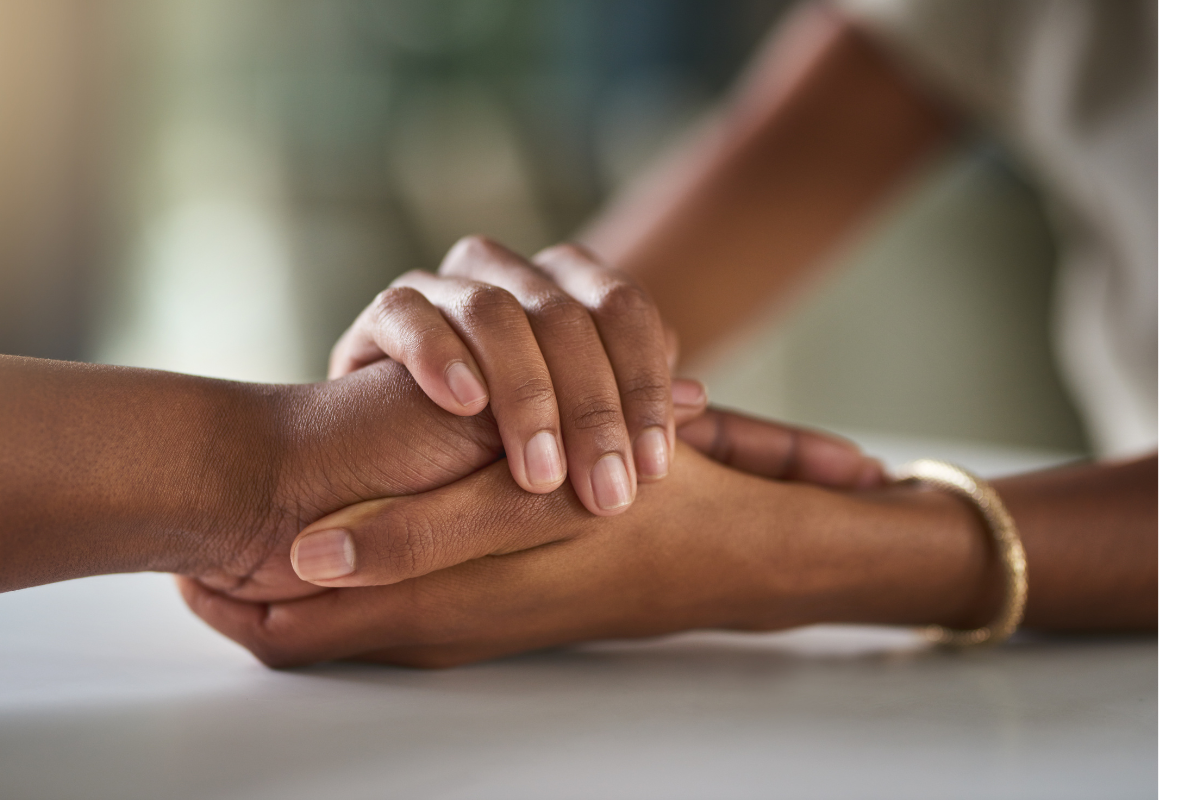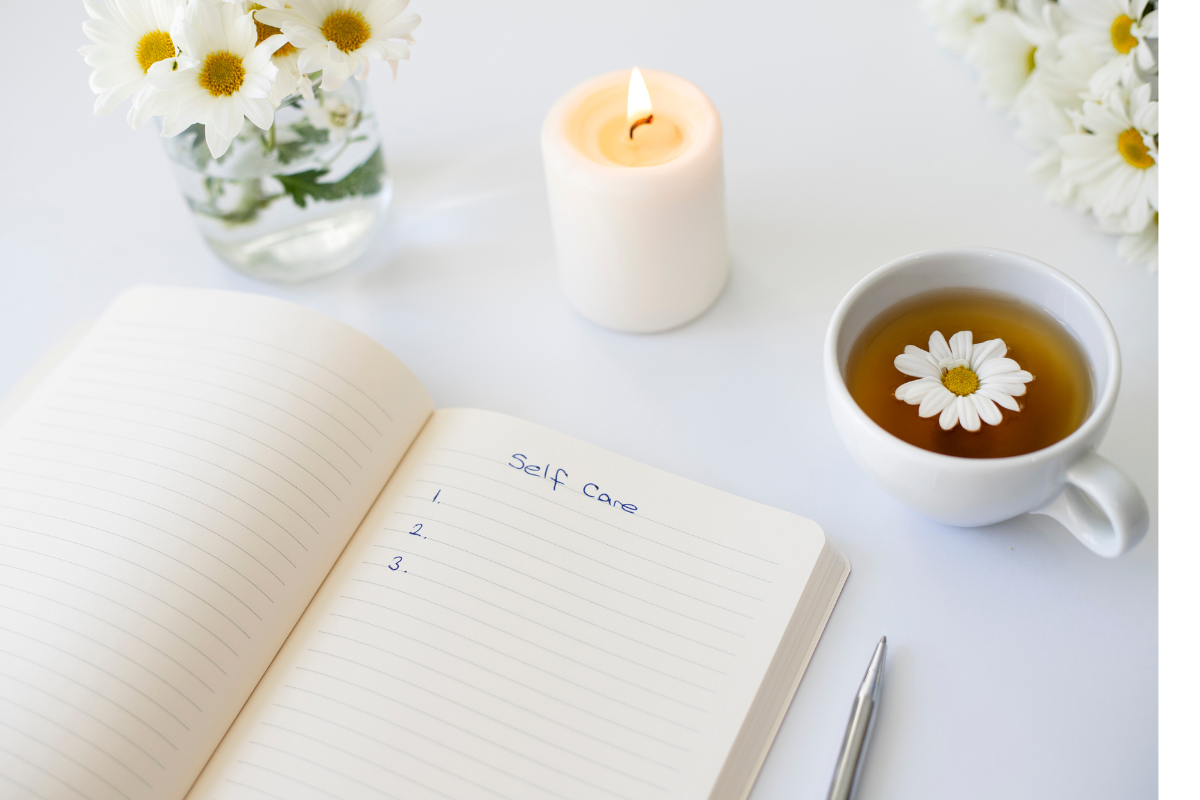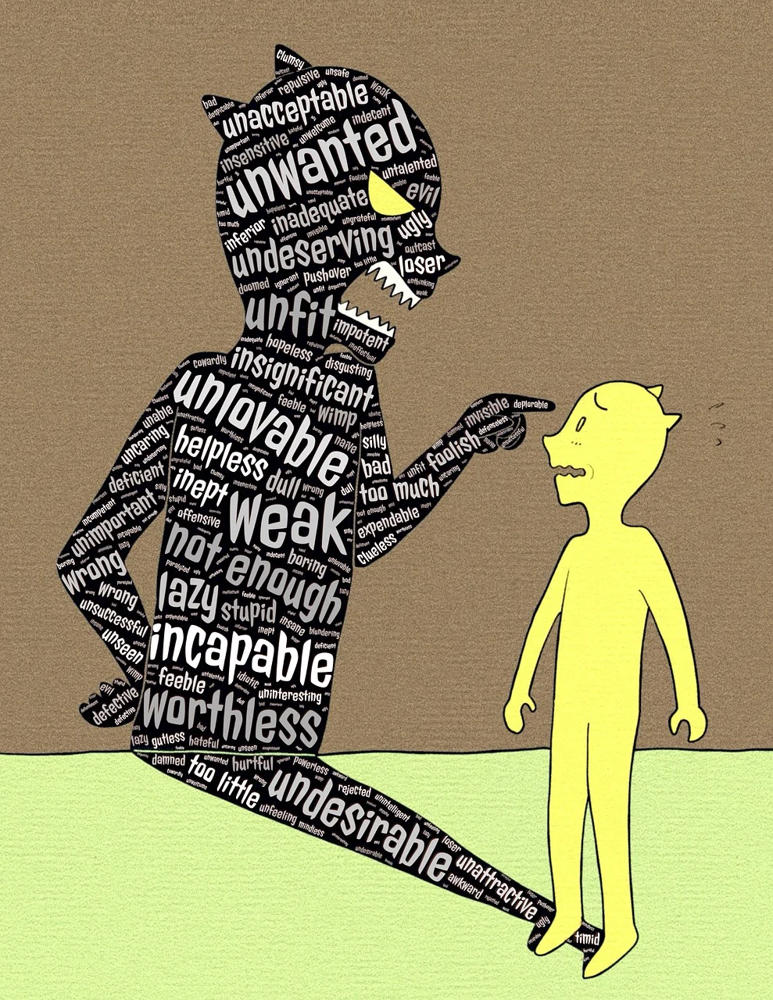by Katherine Jewett, LMFT Losing someone to suicide is a grief unlike any other. It comes with a storm of emotions: shock, guilt, confusion, and an aching, complicated sorrow. Whether you’re a spouse, sibling, parent, friend, or extended family member, the pain of suicide loss is a wound that touches every part of life. And […]
Continue readingWhen Happiness Feels Out of Reach: Understanding Your Feelings
Have you ever felt numb, anxious, or disconnected during moments that should bring joy? Perhaps you’ve thought, “Why can’t I just enjoy this?” If so, you’re not alone—and these feelings don’t mean something is wrong with you. Sometimes, difficult experiences from our past—even if we don’t label them as “trauma”—can affect our emotional well-being. Learn […]
Continue readingHow to Stop Anger from Destroying Your Relationship (Without Disconnecting From Yourself)
Let’s take a moment. Can you recall when you were conversing with your partner, and something seemingly small suddenly spiraled? Maybe it was a comment. A tone. A sigh. And just like that, something shifted inside you. Maybe your chest tightened. Maybe your thoughts sped up. Maybe your words came out sharper, louder, more charged […]
Continue readingWhat Is Mindfulness (Really)? A Therapist’s Guide to Making It Work for Your Real Life
Have you ever caught yourself going through the motions, barely aware of what you’re doing? Maybe your body is in the grocery store, but your mind replays that awkward conversation from yesterday. That’s where mindfulness comes in—not as some abstract ideal, but as a practice of coming home to yourself, moment by moment. In this […]
Continue readingAnxiety Tools That Actually Work: A Therapist-Backed Guide to Managing the Storm
Anxiety isn’t just “nerves.” It’s a full-body experience that can hijack your thoughts, flood your nervous system, and make everyday moments feel like emergencies. Whether you’re a student cramming for exams, a therapist seeking resources, or someone who’s simply trying to catch their breath between anxious spirals—this guide is for you. Let’s build your personal […]
Continue readingEffective Communication in Relationships: Real Strategies to Feel Heard, Seen & Connected
You’re not wrong for feeling like you and your partner just… miss each other in conversation. You talk—but don’t feel heard. You listen—but somehow still feel miles apart. Over time, what started as small misfires can solidify into stuck patterns: avoidance, defensiveness, reactivity, or silent distance. Communication in relationships isn’t just about words—it’s about connection, […]
Continue readingSurvivor’s Guilt: Understanding, Coping Strategies, and Healing
Survivor’s guilt is a deeply human, often misunderstood response to living through something that others did not. Whether you walked away from an accident, outlived a loved one, or survived a tragedy that claimed others, the weight of that survival can show up in unexpected ways. It’s not just sadness—it’s shame, confusion, and a persistent […]
Continue readingWhen Trust Shatters: The Long Road to Healing After Infidelity
Infidelity isn’t just a break in the relationship—it’s a break in reality.If you’ve been betrayed by someone you loved and trusted most, you know this already. It doesn’t just hurt—it disorients. The floor drops out from under you, and suddenly, nothing feels safe. The rules you believed in, the story you were living—all of it […]
Continue readingThe Six Pillars of Self-Care That Actually Heal—Not Just Help
If self-care feels like a checkbox you keep failing to tick, you’re not alone. In a culture obsessed with “doing better,” even rest becomes performative. But true self-care isn’t a performance—it’s a return—a slow, steady homecoming to your body, your needs, your wholeness. Let’s explore the six foundational pillars of sustainable self-care—rooted in neuroscience, emotional […]
Continue readingHealth Anxiety Isn’t Just in Your Head—It’s in Your Nervous System: How to Find Safety Without Needing Certainty
Let’s slow this down. You’re not “too much.” You’re not broken. If your chest tightens when you read about a new illness, if you feel a jolt of panic at the mention of a symptom, if you’ve been Googling for hours and still don’t feel calm… that makes so much sense. Because health anxiety isn’t […]
Continue readingHow to Love Yourself (When You Were Never Taught How)
Let’s pause here together. Because, chances are, if you’re reading this, some tender part of you is longing for something it may have never fully received: unconditional love—from yourself. And that makes so much sense. We grow up in systems that praise perfection, performative positivity, and people-pleasing. We internalize stories that our worth is conditional: […]
Continue readingTics or Tourette Syndrome? What Your Body Might Be Trying to Tell You
“It’s like your nervous system is speaking its own language—through twitches, sounds, and movements you didn’t ask for.” Are you wondering if it’s just a tic or something more like Tourette’s Syndrome? Learn how to recognize, understand, and compassionately respond to your body’s signals. This trauma-informed, neuroscience-backed guide demystifies the difference. Table of Contents Understanding […]
Continue readingWhen “Perfect” Hurts: How Perfectionism and Anxiety in Children Quietly Take Root—and How Parents & Teachers Can Help
If you’ve ever watched a child crumble after getting a 94%, refuse to raise their hand unless they’re 100% sure of the answer, or panic when their drawing doesn’t match what they imagined—it’s not just high standards. You’re witnessing the intersection of perfectionism and anxiety in kids. What looks like motivation is often fear in […]
Continue readingFeeling Stuck in the Same Argument? Here’s How to Break the Cycle and Rebuild Connection
Marriage can be a beautiful place of growth—but when you’re caught in the same fight over and over, it can feel more like emotional Groundhog Day. If you’ve ever thought, “Didn’t we already have this fight… yesterday?”—you’re not alone. So many couples find themselves trapped in a looping conflict, one that drains energy, breeds resentment, […]
Continue readingWhy We Lie to the People We Love Most (And How to Start Telling the Truth)
Understanding conflict-avoidant dishonesty, nervous system survival, and the slow path back to truth “I didn’t tell you because I didn’t want to upset you.”“It wasn’t a big deal—I didn’t think I needed to say anything.”“I just didn’t want to fight.” These are some of the most common forms of lying in relationships—and they often don’t […]
Continue readingSelf-Care, Reinvented: 10 Unusual Practices to Reduce Stress & Reclaim Your Spark
by Katherine Jewett, LMFT Because the usual “drink water and take a nap” isn’t cutting it anymore. Let’s be honest: the phrase self-care has gotten a little… overexposed. Somewhere between the bubble baths and the “treat yourself” mantras, we lost the plot. You don’t need another list of basic hygiene disguised as healing. What your soul […]
Continue readingDear Inner Critic, You’re Canceled: A Guide to Self-Love
By Katherine Jewett, LMFT Introduction Ever notice that voice in your head that sounds suspiciously like Regina George from Mean Girls or maybe Professor Snape from Harry Potter? Meet your inner critic—the uninvited guest at your mental party who constantly whispers things like, “You’re going to embarrass yourself,” or “You’ll never be good enough.” This critical […]
Continue readingParenting Without Losing Your Mind (Or Your Cool): How Your Nervous System Shapes Your Parenting—and How to Outsmart It
by Katherine Jewett, LMFT Ever catch yourself in a power struggle with a pint-sized human and think, “Who is this control freak, and why does she look suspiciously like me?” If so, congratulations—you’re officially human! And believe it or not, the culprit behind your mini meltdowns over mismatched socks and uneaten broccoli isn’t actually you. […]
Continue readingThe Perfectionism Trap: How the Pressure to Be Perfect Fuels Anxiety and Depression
by Katherine Jewett, LMFT Ever spent 20 minutes choosing a font for an email or rearranging the cups in your cabinet until they’re just right? 🙋 You’re not alone. Many of us proudly call ourselves “perfectionists,” often with a nervous laugh. We might even trot it out as a “weakness” in job interviews (classic […]
Continue readingGaslighting 101: How to Reclaim Your Voice When Doubt Creeps In
by Katherine Jewett, LMFT Gaslighting is a subtle yet deeply damaging form of emotional manipulation that can make you question your own thoughts, feelings, and even reality. If you’ve ever found yourself second-guessing your memories, wondering if you’re “too sensitive,” or feeling like you’re always the one to blame, you may be experiencing gaslighting. In […]
Continue reading



















